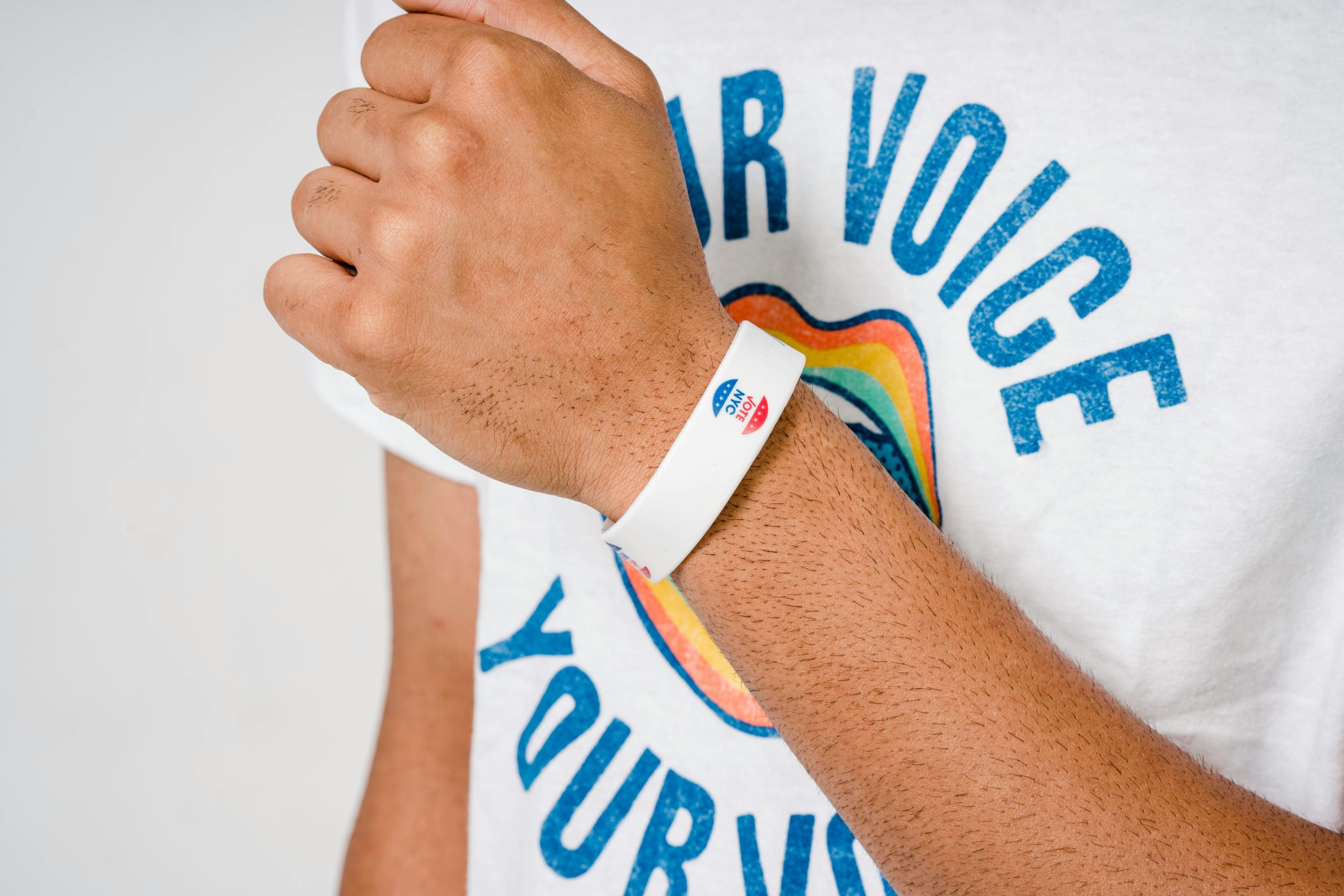The Class That Eludes My Perfect GPA: A Personal Reflection
When it comes to academic performance, I pride myself on being a straight-A student. Yet, there’s one class that consistently slips through my fingers, leaving me without the elusive “A” that I’ve come to expect: gym class.
You might think physical education would be the easiest course to excel in, but for me, it often feels like an uphill battle. By the time sixth period arrives, I’m usually running on empty. The thought of participating becomes daunting, leading me to sit out more often than I’d like to admit.
Now, before anyone jumps to conclusions about my dedication or work ethic, it’s essential to clarify: I’m not lazy! I deal with some significant challenges, including troublesome ankles and bouts of vertigo that can make even simple activities feel overwhelming. On days when these issues flare up, taking a break becomes a necessary choice for my overall well-being.
So, while I strive for excellence in my studies, this particular class serves as a reminder that every achievement comes with its own set of hurdles. Gym may be a struggle, but it doesn’t define who I am academically. We all have our strengths and weaknesses, and for me, navigating through them is just another part of the journey.

It’s understandable to feel frustrated about not achieving an A in gym class, especially when you’re performing well in all your other subjects. Physical education can be challenging for many students, particularly for those dealing with health issues like yours. Here are some insights and practical tips that might help you navigate your experience in gym class.
Understanding Diverse Physical Abilities:
Everyone has a unique athletic background, fitness level, and health conditions. Rather than focusing solely on grades, it’s essential to recognize the diverse abilities of all students. If you have chronic issues, such as your ankle problems and vertigo, gym class can inherently become more difficult, and that’s completely valid. It might be helpful to have an open conversation with your gym instructor about your concerns and limitations. They may be able to provide alternative activities that could accommodate your needs while still allowing you to participate meaningfully.
Engagement Beyond Physical Performance:
Active participation doesn’t always mean you need to be the most athletic student in the class. Consider engaging in ways that require less physical strain but still contribute positively to the class environment. This could involve helping to set up equipment, leading warm-ups, or even participating in team strategy discussions. These contributions demonstrate your commitment to the class and can reflect positively on your overall participation grade.
Focus on Personal Goals:
Instead of fixating on achieving an A, try setting personal fitness goals that are attainable for you. Whether it’s improving flexibility, learning a new skill, or simply increasing your comfort level with physical activity, these goals can provide motivation that goes beyond grades. Celebrate small victories to stay encouraged, even if they don’t lead directly to an A.
Utilize Resources:
If your school offers wellness resources, consider seeking advice from a physical therapist or a wellness coach who can provide tailored exercises and strategies to manage your conditions. They may suggest specific activities or modifications to help you participate fully or safely in gym class, which can also ease your fatigue.
Communicate and Advocate:
Since you’ve mentioned your issues with vertigo and ankle pain, it might be beneficial to create a dialogue with your gym teacher. They can offer accommodations or modify certain activities to be more inclusive of your needs. Most educators appreciate when students advocate for their well-being; it shows that you are taking responsibility for your learning experience.
Mindset Shift:
Lastly, try to shift your mindset from solely pursuing a grade to valuing the experience of being active. Physical education has the potential to teach you lifelong skills, such as teamwork, discipline, and even resilience when facing physical challenges. Embracing these lessons can enhance your overall appreciation of the subject.
In conclusion, while it’s natural to desire high grades, prioritizing your health and well-being is paramount. By adjusting your approach to physical education, setting realistic goals, and utilizing available resources, you may find your experience in gym class becomes more rewarding—regardless of the letter grade you receive.